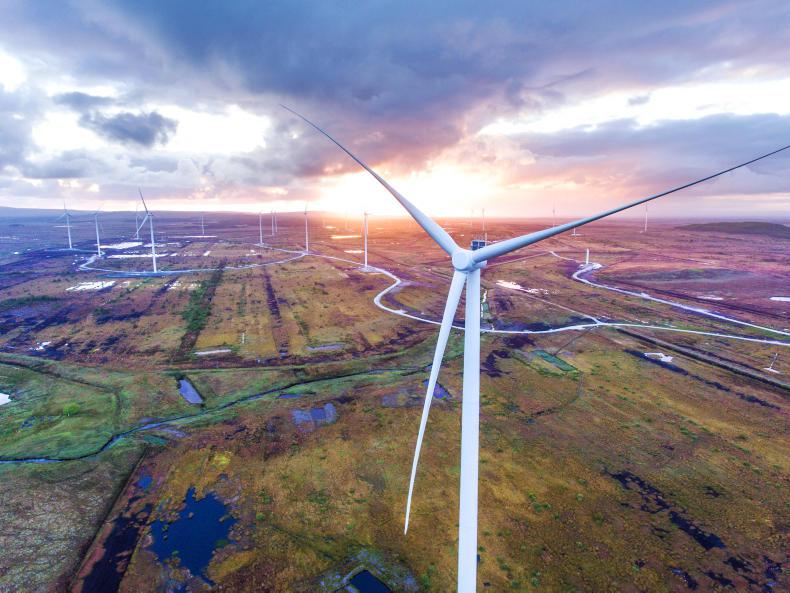From a national perspective, the first round of the Renewable Electricity Support Scheme (RESS) has been a resounding success. Successful applicants to RESS now have secured a fixed, guaranteed price for the renewable electricity they generate for a period of 15 years.
RESS is a competitive auction-based scheme where prospective developers of renewable energy projects such as wind turbines and solar farms bid for support.

The scheme is designed to get large amounts of renewable electricity on to the system at a competitive cost. As the results from the first auction show, this model has been a success in achieving this as the process favours larger developments.
Results
The final results of the first in a series of auctions, RESS-1 were published earlier this month. A total of 114 projects applied to participate in the RESS-1 qualification process. In the end, 82 solar and onshore wind turbine projects as well as seven community energy projects were successful in receiving funding.
This equates to approximately 160 new wind turbines (479 megawatt) and approximately 1,750ha worth of solar panels (796 megawatt) which have now secured funding.
The volume of renewable energy generated from these projects will account for approximately 10% of the amount required to meet our 2030 target, which is 70% of all electricity consumed coming from renewable sources.
Price
The average weighted offer price for the auction was €74.08 per megawatt hour. The Department of Communications, Climate Action and Environment (DCCAE) say this price represents significant savings to the tax payer on previous schemes.
Unlike previous schemes, RESS mandates renewable generators to pay back to electricity customers when market prices are high, the bid prices are also fixed over the lifetime of the support and no payments will be made during negative market price periods.
Over the coming year, many of these successful projects will be constructed.
Solar
As Table 1 outlines, 63 solar farms have successfully secured funding across 16 counties.
These developments range from 0.5 MW to 119 MW in size. Cork has the highest number of successful projects, totalling 14 solar farms and around 158ha worth of panels. This is closely followed by Wexford at 12 solar farms. However Meath, with seven successful projects has the largest area of panels – over 639ha. This is due to a number of large developments. Other projects span from Kerry to as far north as Mayo.
Onshore wind
Table 2 outlines the onshore wind developments which have been successful in securing funding.
No offshore wind developments were included in RESS-1. In total 19 projects across 12 counties will receive funding. Donegal and Mayo will both see three wind energy developments, generating 72 and 102 MW respectively. Other areas of note include Tipperary where one successful project will generate 73MW of electricity.Community projects
Community involvement is being heavily encouraged in the new generation of energy projects funded under RESS. For example, the first RESS auction includes the mandatory contribution to a community benefit fund for all projects. This will deliver around €4.5m a year to sustainable community initiatives targeted at those communities living in close proximity to RESS-1 projects.
In addition to this, five solar energy and two onshore wind community projects were successful in receiving ring-fenced funding under RESS-1, see Table 3.
This represents just 1% of the auction volume however. These projects will be owned in the majority by communities and the revenues from their operation will be recirculated back into those communities.
Future auctions
DCCAE say the frequency of future RESS auctions is largely dependent on the renewable electricity project supply pipeline. It is envisaged that a minimum of four auctions will occur between 2020 and 2025 to deliver on the 2030 targets.
This will provide pathways for future, large-scale renewable electricity projects, including offshore wind.






 This is a subscriber-only article
This is a subscriber-only article










SHARING OPTIONS: